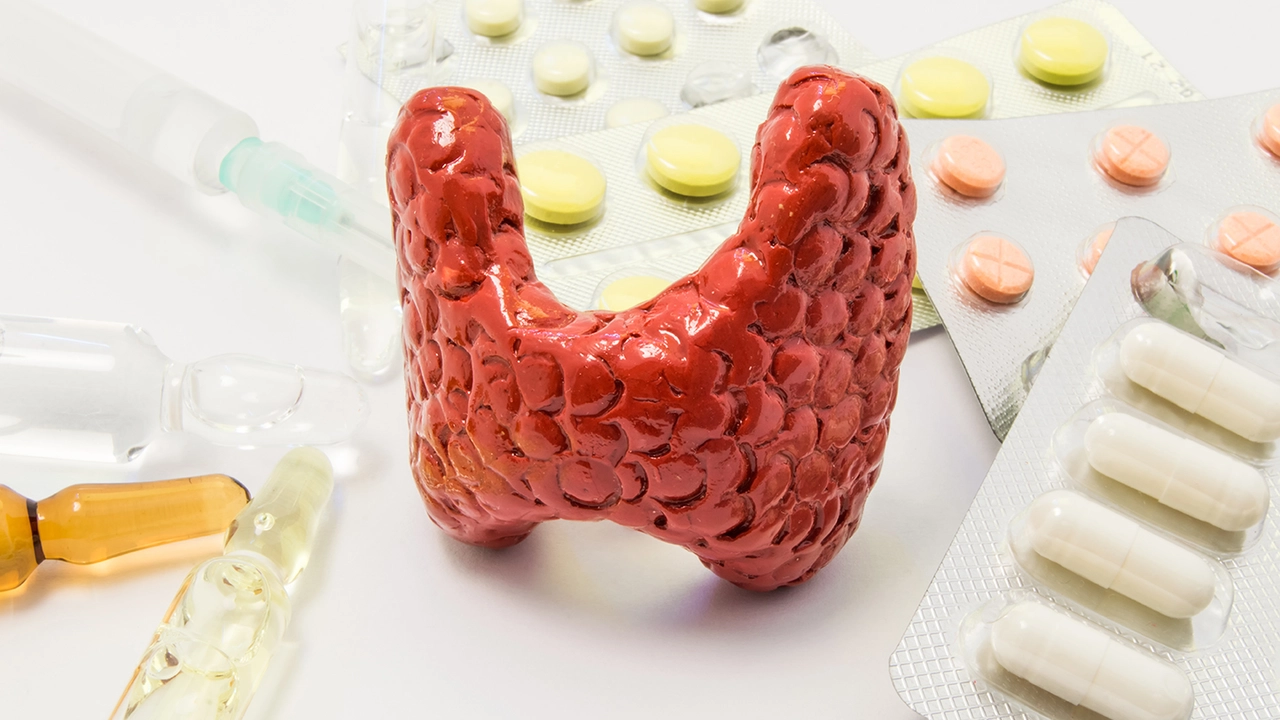Thyroid Disorders – What They Are and Why They Matter
If your doctor ever mentioned your thyroid, you probably wondered what that tiny gland does. It sits at the base of your neck and makes hormones that control how fast your body uses energy. When the thyroid is too lazy (hypothyroidism) or too loud (hyperthyroidism), it can throw off everything from mood to weight. Below you’ll find the most useful info to recognise problems early and take sensible steps to feel better.
Common Signs and Symptoms
Both low and high thyroid activity share a few warning signs, but each has its own pattern. Feeling unusually tired, gaining weight without changing your diet, or having dry skin often points to hypothyroidism. You might also notice hair thinning, constipation, or feeling cold all the time. On the flip side, hyperthyroidism can make you feel jittery, lose weight quickly, and sweat a lot. A fast heartbeat, tremors, or trouble sleeping are also common.
Sometimes the symptoms are subtle – like a mild mood dip or occasional forgetfulness. That’s why it helps to keep a short note of any new or worsening changes. If you see a mix of these clues, it’s worth chatting with a GP.
How Doctors Diagnose & Treat
Diagnosis starts with a simple blood test that measures TSH (thyroid‑stimulating hormone) and the thyroid hormones T4 and T3. High TSH usually means the gland is under‑active, while low TSH suggests it’s over‑active. In some cases, doctors order an ultrasound to check the gland’s size or look for nodules.
Treatment depends on the imbalance. For hypothyroidism, most people take a daily synthetic hormone called levothyroxine. The dose is adjusted until blood tests show normal levels, and most feel better within weeks. If you have hyperthyroidism, options include antithyroid pills, a one‑time radioactive iodine treatment, or, in rare cases, surgery.
Lifestyle tweaks can support medication too. Eating a balanced diet with enough iodine, selenium, and zinc helps the thyroid work properly. Too much soy, coffee, or certain supplements can interfere with medication absorption, so take your pills on an empty stomach and wait 30‑60 minutes before breakfast.
Regular follow‑ups are key. Hormone levels can shift with age, weight changes, or pregnancy, so your doctor may tweak the dose every few months at first. Keeping a simple log of symptoms and medication timing makes those appointments smoother.
Bottom line: thyroid disorders are common, but they’re also manageable. Spot the early signs, get a quick blood test, and follow the treatment plan your doctor outlines. With the right meds and a few everyday habits, you can keep your energy steady and avoid the roller‑coaster feeling that many people describe.

